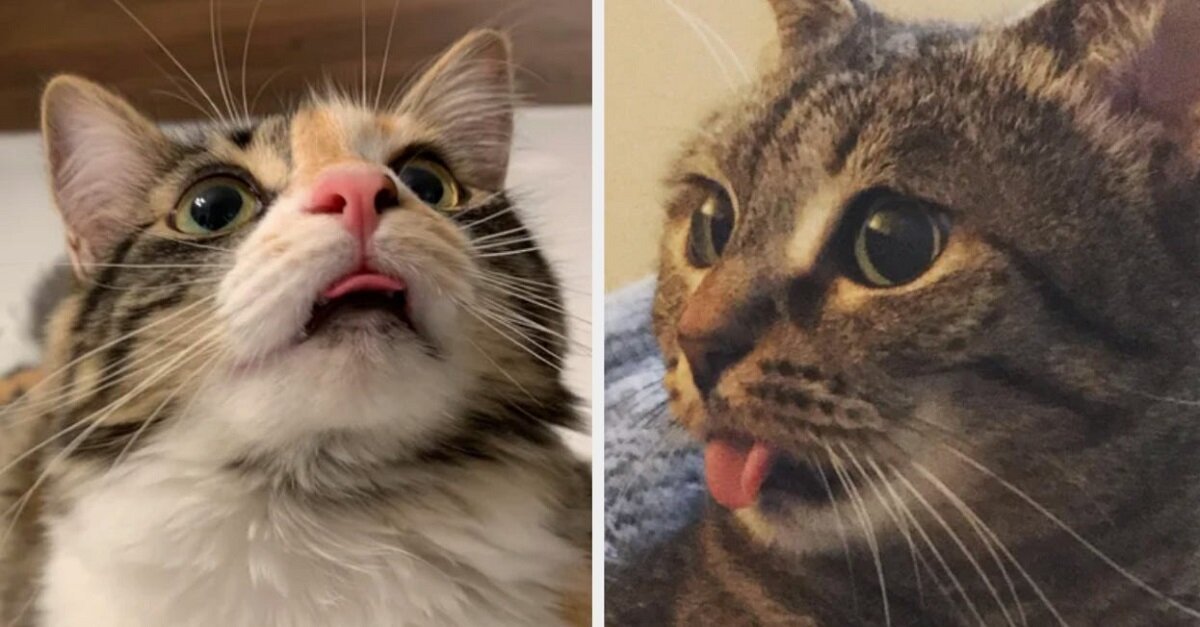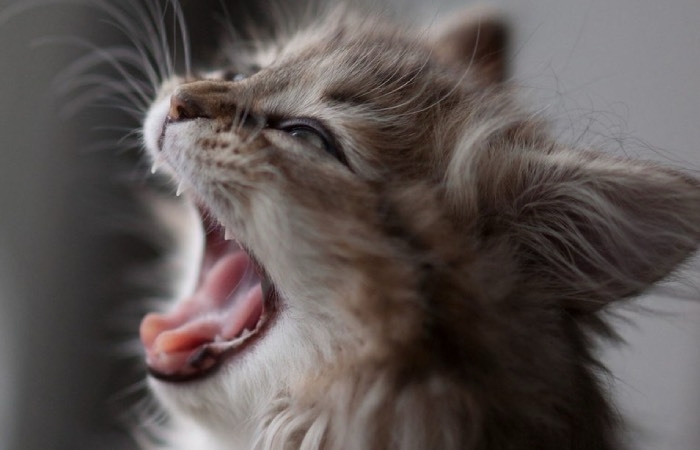

Cats have always been considered the most enigmatic and mysterious animals. They show little empathy and seem to simply coexist with their owners. It’s no coincidence that the phrase “the cat that walks alone” originated. But often, cat owners want to believe that their furry pets have truly become friends with them. For example, many believe that cats yawn in response to their owners’ yawns, out of the kindest of feelings. But is this really true? Why do cats yawn? And do they yawn at all?
1. Popular opinion
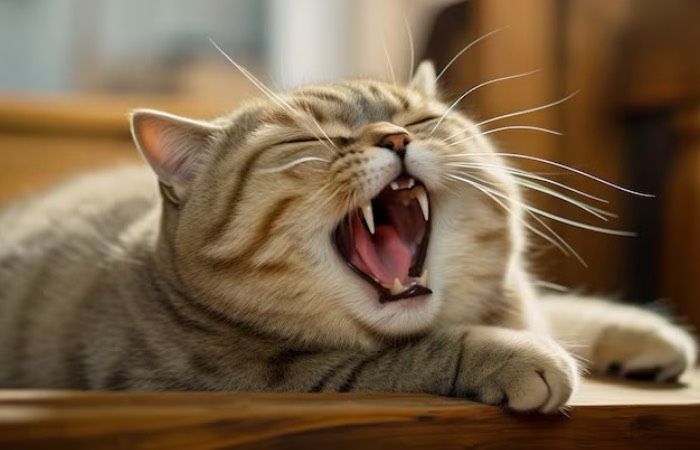
It’s generally accepted that cats automatically mirror their owners’ actions, just like many other pets. And as we all know, yawning is highly contagious. It’s quite difficult not to yawn back if someone nearby suddenly yawns. Usually, simply mentioning this process is enough for a person to reflexively yawn themselves.
It’s generally accepted that cats act on the same principle—a simple reflex, just like in humans. Others believe that this is how cats show their affection for their owners. But it’s well known that cats rarely show empathy. So what’s really behind their yawning?
2. A completely different opinion

Interestingly, there’s a completely different opinion on this matter. Some believe that cat yawning has nothing in common with human yawning. On the contrary, it’s an act of aggression on the animal’s part. Cats, seeing a human yawn—specifically, opening their mouth wide and showing their teeth—think they’re being threatened.
It’s not surprising that in such a case, the animal shows its teeth in response. This behavior is more of an act of aggression on the cat’s part than empathy. And it’s not as endearing as the idea of a friendly pet. In the animal world, showing teeth is always associated with aggression. So don’t be surprised if even a sweet domestic kitten remains true to its instincts.
3. What does aggression depend on?
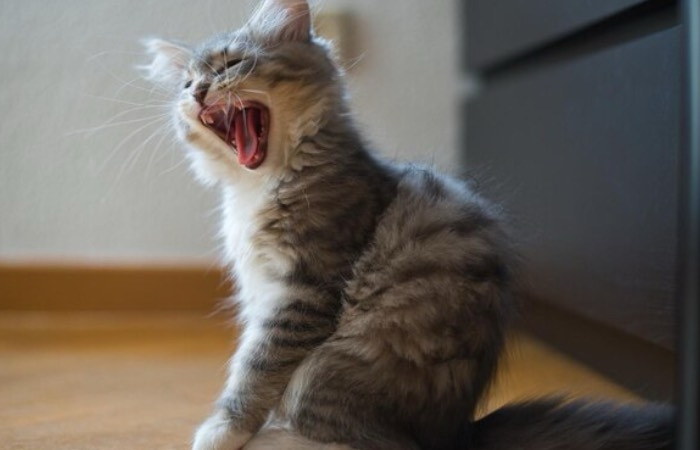
However, there’s no need to be concerned in close proximity to people. However, if a stranger yawns in front of a cat, it may well attack them. Its reaction depends on how close the cat is to the yawning person.
With its owner, a cat may simply mirror their actions. However, if a stranger appears within its field of vision and bares its teeth, aggression is inevitable. It’s important to understand whether the cat is genuinely angry and ready to defend itself. The environment greatly influences this. There are many factors that can help us understand the animal’s true motives.
4. The environment and condition of the animal

Aggression often occurs when an animal is in an unfamiliar environment, especially if it’s stressful. A visit to the veterinarian, for example, is unlikely to encourage a cat to show empathy.
The cat’s overall condition should also be considered. If a cat is tired or sick, it may simply yawn spontaneously. However, if the animal is stressed, yawning serves as a specific signal that conveys aggressive behavior. In such situations, avoid approaching the cat unnecessarily.
5. Learn to distinguish yawning from aggression
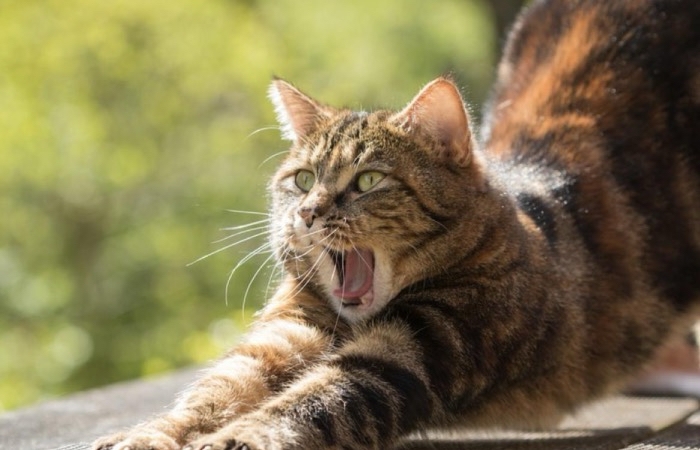
In fact, it’s quite easy to distinguish a genuine yawn from a teeth show. To do this, simply look at the animal’s general state. If a cat is relaxed, has recently awakened, or is simply resting, then yawning is a natural behavior. The cat’s eyes are usually closed. This behavior may also be accompanied by stretching.
If the animal’s entire body tenses during a yawn, then it’s clearly a sign of danger to others. The cat’s eyes are wide open. Additionally, its ears may be pressed back and its fur may be raised. In this case, it’s best to stay away and give the animal time to calm down. Unfortunately, no one has scientifically studied cat yawning. There are hypotheses about the contagiousness of yawning between humans and primates. Cats and other pets are simply considered overly empathetic toward their owners. Unfortunately, this isn’t always the case.




